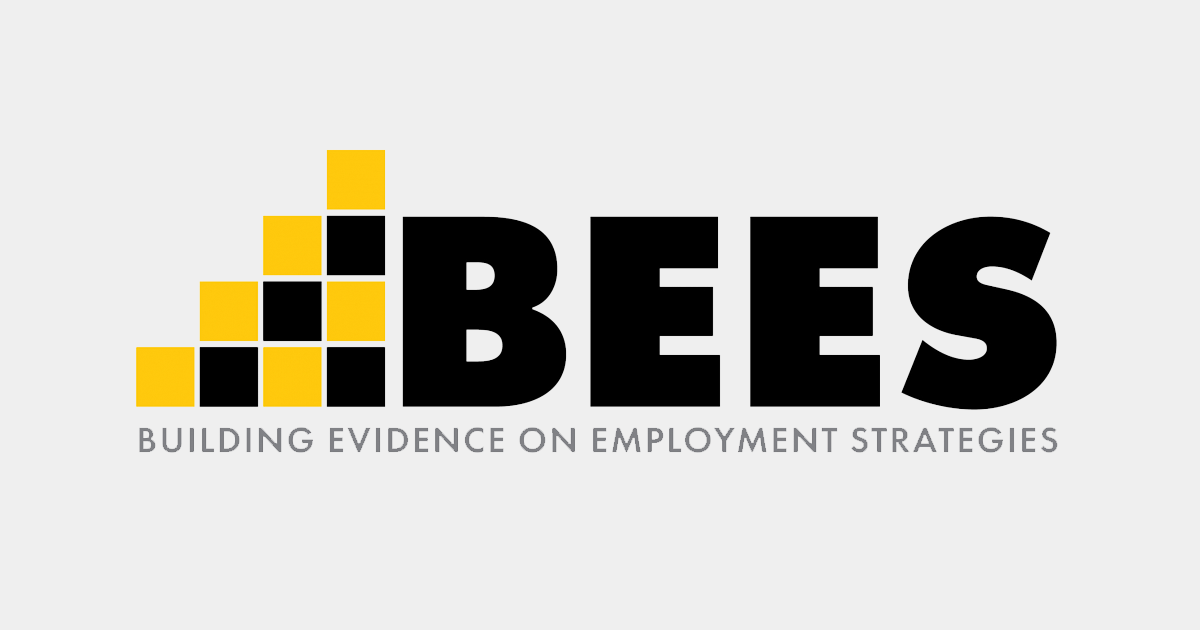Study Profile
Individual Placement and Support Model for Employment Services

Overview
Individual Placement and Support (IPS) is an evidence-based model for delivering employment services. It was originally developed for implementation in community mental health settings with people diagnosed with “serious mental illness,” or emotional and behavioral disorders that substantially impair their functioning. There has been growing interest in IPS as a strategy to promote employment for a variety of job-seeking individuals diagnosed with mental health and substance use disorders. Key principles of the IPS model include a focus on rapid job search, competitive employment, and client job preferences, as well as small caseloads, benefits counseling, and coordination between employment services staff members and mental health care providers.
 MDRC, in partnership with Abt Global and MEF Associates, is evaluating IPS programs as part of the Building Evidence on Employment Strategies (BEES) project. BEES is part of the Office of Planning, Research, and Evaluation (OPRE)’s Innovative Strategies for Addressing Employment Barriers Portfolio, which is rigorously evaluating the next generation of employment strategies for people with low incomes, and is partnering with the Social Security Administration (SSA) on select evaluations. Funding from SSA is supporting the expansion of IPS services for these evaluations, and the IPS Employment Center, developer of the IPS model, is advising on the delivery of IPS services. Four IPS programs are being evaluated using a random assignment design:
MDRC, in partnership with Abt Global and MEF Associates, is evaluating IPS programs as part of the Building Evidence on Employment Strategies (BEES) project. BEES is part of the Office of Planning, Research, and Evaluation (OPRE)’s Innovative Strategies for Addressing Employment Barriers Portfolio, which is rigorously evaluating the next generation of employment strategies for people with low incomes, and is partnering with the Social Security Administration (SSA) on select evaluations. Funding from SSA is supporting the expansion of IPS services for these evaluations, and the IPS Employment Center, developer of the IPS model, is advising on the delivery of IPS services. Four IPS programs are being evaluated using a random assignment design:
- Breaking Barriers San Diego, California
- Individual Placement and Support in a Federally Qualified Health Center Setting, Illinois, New Hampshire, and North Carolina
- Individual Placement and Support in a Substance Use Disorder Treatment Setting, Illinois, Ohio, and Oklahoma
- Individual Placement and Support Among Temporary Assistance for Needy Families Recipients and Supplemental Nutrition Assistance Program, Illinois and Washington state









